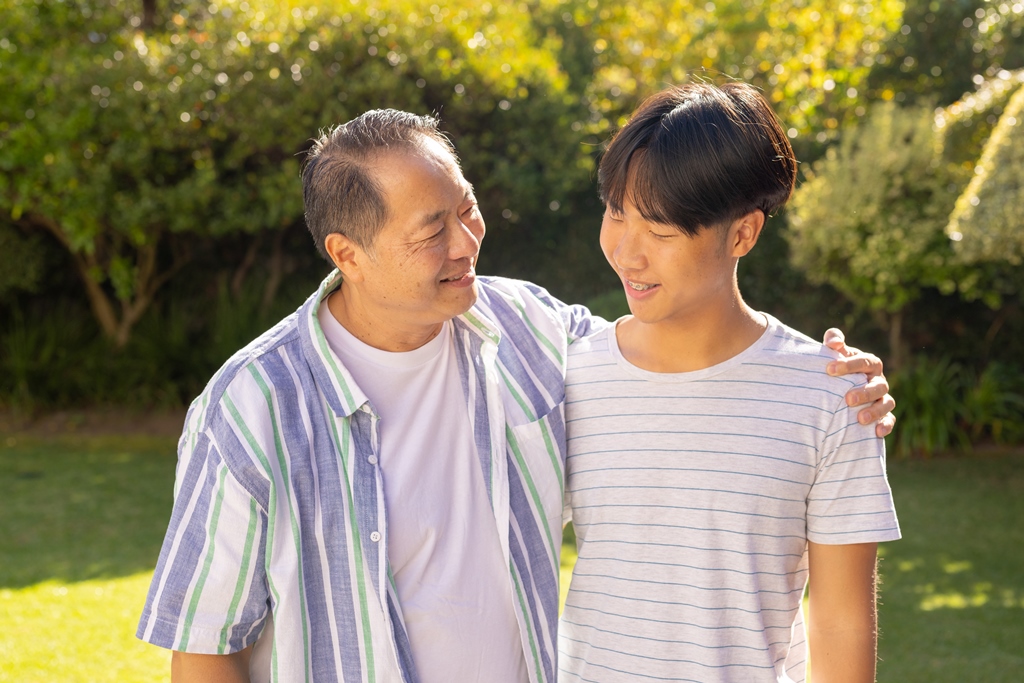SEOUL (ANN/THE KOREA HERALD) – A team manager at a prominent conglomerate in South Korea, Hur, remembered a recent phone call she got after an end-of-year team dinner that confused her — a furious call made from her co-worker’s mother.
“Over the phone, the mother scolded me for creating a heavy drinking environment, claiming that my colleague doesn’t do well with alcoholic drinks,” said Hur. “She also demanded me to let my colleague take a day off so that they can recover from their hangover.”
Surprisingly, Hur is not the only individual in Korea who has observed getting such calls from the parents of young adults as Lee, a university professor, also shared a similar experience where he received a few calls from students’ parents requesting for his lectures to be relocated to a lower floor to “help their child get to class easier” or to increase the maximum enrollment limit for his courses to ensure their child “gets to take the necessary courses.”

“It hasn’t happened to me yet, but a fellow professor in my department also told me that he received a call from one student’s parent demanding him to raise the student’s grades,” Lee mentioned.
Lee added, “It’s not unusual for me or the other professors to receive such requests from the students themselves, but there has been a recent unusual increase in the number of parents making the requests on the student’s behalf. University students are students, but they are also adults. Shouldn’t they be perfectly capable of making such requests or demands on their own?”
What are helicopter parents?
In Korea, the issue of “overparenting” has emerged as a significant topic of conversation. Both professors and corporate human resources managers have mentioned experiences with what are known as “helicopter parents.”
Described as parents who closely monitor their children like a helicopter and exhibit excessive or overprotective interests in their lives, the phrase “helicopter parents” gained popularity in the 1990s to denote “overparenting” among parents of teenagers. Now, helicopter parents in Korea have transformed into a new form as they start to excessively engage in their adult children’s lives at work and college.
In December 2024, 35 per cent of human resource managers reported suspicious parental communications, such as pleas being made on a child’s behalf, at work according to an Opensurvey poll.
In October 2023, an image of a notice shown during a lecture for university students became viral online, stating, “Please direct inquiries regarding academic matters personally, not through your parents. Believe in your own abilities.”
Declining birth rates and hindering economy
The recent increase in helicopter parents is connected to societal shifts, including decreasing birth rates and children’s postponed independence from their parents as a result of the challenging economy, as analysed by experts.
“These days, we see more families with one or two children at most, which gives parents more economic and emotional space to invest their time and energy into them,” sociology professor Huh Chang-deog from Yeungnam University told The Korea Herald. “The sharp decline in birth rates has led parents to focus their attention on a single child, and the prolonged period of low economic growth has led to more children with less financial stability than their parents. As a result, continued parental care for adult children has become a socio-cultural phenomenon in Korea, leading to more helicopter parents.”
Recent surveys indicate that more parents are viewing their children’s educational accomplishments and professions as reflections of their own successes in life.
Kwak Keum-joo, a psychology professor from Seoul National University, highlighted Korean familism values that place family above the individual and stress adherence to parental expectations, frequently “preventing parental involvement from being perceived as a problem.”






